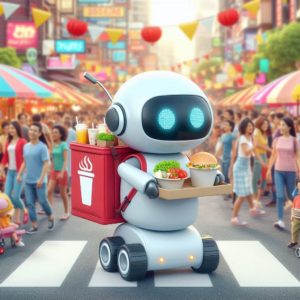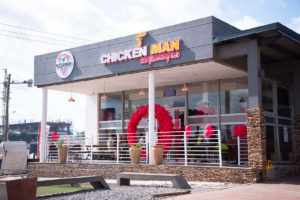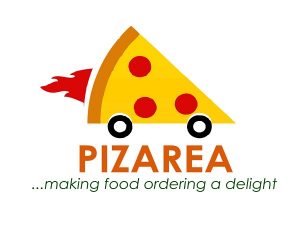If there’s one treat that brings instant happiness, it’s ice cream. Whether it’s a sunny afternoon or a cozy evening at home, nothing beats the refreshing taste of your favorite scoop. And now, with Pizarea, getting your hands on the best ice cream in town is easier than ever! From rich chocolate swirls to fruity sorbets, the finest ice cream spots are just a click away on Pizarea.
Ice cream is not just a dessert; it is a celebration in a cone, and the perfect way to cool down in the tropical heat, with more people looking for sweet indulgences delivered straight to their doorsteps, Pizarea bridges that craving gap by offering the best ice cream shops that offer quality and convenience.
Whether it is a movie night, a kids’ party, or a treat for yourself after a long day of work or hustle. Our collection of ice cream vendors ensures that there’s something mouthwatering for everyone.
Explore a World of Ice Cream Flavors in Accra.
Pizarea gives you access to a vibrant selection of flavors from your favorite local ice cream shops. Think creamy coconut, rich red velvet, cookies and cream, we’ve got that in store for you! While others are experimenting with bold, new flavor combinations, some stick to the traditional recipes, allowing each shop to bring its signature style to the table.

The Best Ice Cream Shops You Can Explore on Pizarea.
Nadiako Foods – Bring the flavours in varieties, whether it is a vanilla strawberry, a chocolate double flavor, or vanilla strawberry chocolate.
Doughman Foods – Known for their delicious frozen yogurt and offering a lighter alternative for health-conscious ice cream lovers.
Noble House -Bringing an authentic Chinese touch to your plate, their handcrafted Fried Ice cream, honey-tossed noodles with ice cream. Perfect for dessert lovers who want it all. Each of these shops is listed with full menus, pricing, and delivery options all in one place on Pizarea.
Using Pizarea is easy and seamless.
Log onto our platform using the short code *920*61#, search for any of our ice cream shops, and place your order in just a few taps. Plus, with Pizarea’s secure payment systems and real-time customer service support, your sweet treat is assured to arrive fresh.
Sweet Discoveries, Not Yet on Pizarea.
If you are looking for a delicious ice cream experience, Pizarea might help you find some great options, but there are also some mouthwatering shops you have to try offline. Pinkberry in Labone is a standout with its delightful ice cream and excellent service. You cannot miss The Snowman in Osu or any of their nearest branches, especially if you are adventurous enough to try their spicy shito ice cream; it’s definitely a unique flavor!https://pizarea.com/
Then there is Chocolate Sarayi, where their rice crispy crepes glazed with chocolate are simply unforgettable. Have you checked out YAH? Their milkshakes are to die for, and the warm, welcoming atmosphere makes the experience much more satisfying.
Even though these shops are not listed on Pizarea, you can still enjoy their offerings offline. And who knows? During your next visit, you might suggest they join the Pizarea platform to make ordering much easier when you want to order away from any of the shops.
The Final Scoop.
When it is easy to indulge, kindly do so because Life is too short to skip a dessert. With Pizarea, your next ice cream fix is always a few clicks away. Whether you are a chocolate lover or an adventurous foodie seeking new flavors, there’s an ice cream shop waiting to serve you, so explore them on Pizarea today, and you will come back thirsting for more.
https://pizarea.com/restaurant/branches/frankie-s

 Who Doesn’t Want A Free Meal?
Who Doesn’t Want A Free Meal? Order on Pizarea
Order on Pizarea AI in Food Delivery
AI in Food Delivery


















